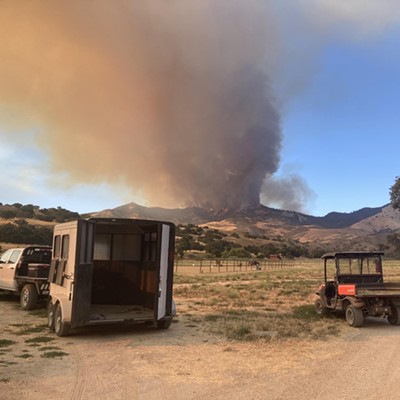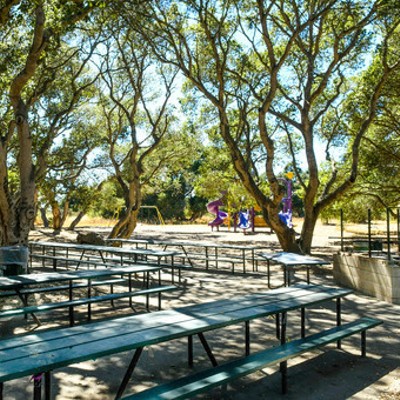An appeal filed against the Calynx cannabis project in Cat Canyon was recently shot down by the Santa Barbara County Planning Commission.
Lisa Bugrova, of The Lise Consulting, spoke at the Planning Commission’s June 28 meeting on behalf of the applicant Lawrence Epstein, whose proposed 2.52 acre cannabis operation was approved by the county last November and appealed by a group of neighboring property owners in early December.

“In our opinion, the appeal before you today shows a frivolous disregard for governmental process,” Bugrova said. “This project has been delayed effectively an entire season by the filing of this appeal—delaying county tax revenue, costing the applicant more money, using up county resources to prepare for today, and enforcing essentially a repeat discussion and hearing on issues already raised and refuted.”
One of the primary issues included in the appeal is that the cannabis cultivation project’s “projected water use cannot be supported by the local aquifer without adversely impacting the domestic water wells of neighboring residents and landowners,” according to the staff report.
County Planner Alia Vosburg presented staff’s responses to the issue and additional claims in the appeal at the Planning Commission’s June 28 meeting.
“The applicant provided substantial evidence that demonstrates adequate water resources are available to serve the project and that the projected demand will not result in significant impact to groundwater resources,” Vosburg said.
Vosburg explained that the applicant will use irrigation water from an existing groundwater well and has provided a water usage report, hydrogeologic overview, and existing well yield evaluation, which shows that the well has sufficient capacity to serve the project’s demands.
After Vosburg’s presentation, Bugrova reiterated a request outlined in the appeal that asserts that the project “must be conditioned to require monitoring of and corrective actions for neighboring wells” of the cultivation site. Bugrova described this suggestion as an attempt by the appellants to potentially “seek compensation for an existing water supply problem that’s distinct to their property and separate from this proposed use.”
“I’m a little disturbed about some of the comments and the characterizations of my appeal,” James Sullivan, a Cat Canyon resident who spearheaded the appellant group, said. “I certainly don’t consider this to be an abusive process. This is the reason why we have these processes—to make sure that things are heard fairly.”
According to Bugrova, Sullivan refused to have conversations to resolve concerns with the applicant during the project’s development phase and “has indicated their general opposition to the cannabis industry despite specifics of this project that are clearly shown to not have a negative impact.”
Before the Planning Commission unanimously voted to deny the appeal with a 5-0 vote, Commissioner C. Michael Cooney suggested one revision in the project’s conditions of approval.
The project was originally required to maintain a record of the static depth to groundwater and provide the information to county staff on request. The condition was revised to enforce that the record be provided quarterly during the first two years of cultivation.
















